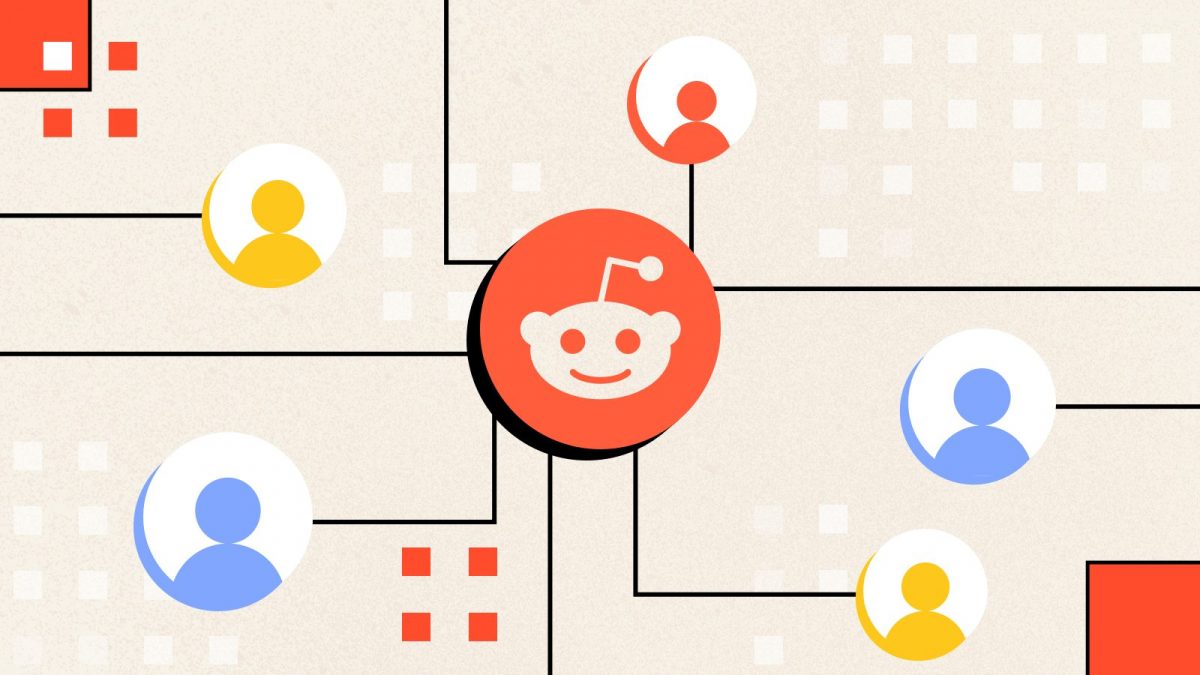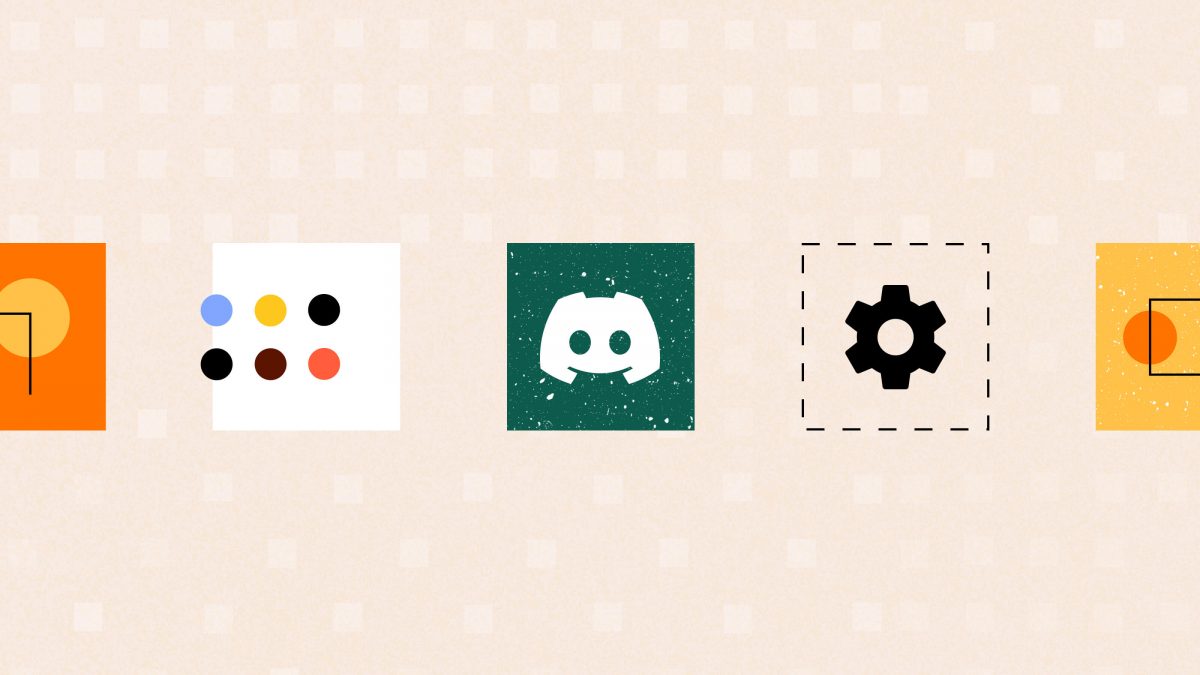Share This Article
As AI-generated content fills more corners of the internet, creators who’ve long relied on written content are starting to ask a tough but necessary question:
What happens to my voice when algorithms can write just as fast, if not faster, than I can?
The answer isn’t black and white. But one thing is clear: written content is no longer the only, or even the best, way to stand out.
If you’ve built your presence through blogging, now is the time to diversify—and podcasting may be the most strategic next step you can take.
Here’s why.

1. AI Can Write, But It Can’t Be You
AI is good at writing. It can summarize, optimize, rewrite, and publish at scale. The downside? It’s created a flood of repetitive, lifeless content. Breaking through that noise with a written blog is only getting harder.
Podcasting flips that dynamic.
Your voice, your pace, personality, perspective, is deeply human. That human element isn’t just “nice to have.” It’s the difference between sounding like a commodity and sounding like someone people want to hear from.
Even as AI tools start generating synthetic voices, they still lack experience. They don’t improvise. They don’t share honest moments or challenge ideas in real time.
That’s where you win.

2. Trust Is Earned Over Time, Not Just Clicks
Written content is often transactional. Readers land on a post, find what they need, and move on. Podcasts work differently.
Listeners bring you into their world—on walks, during commutes, in the middle of their routines. That extended attention builds familiarity, and familiarity builds trust.
And in an era where trust is currency—whether you’re building a personal brand, launching a product, or growing a community, that connection matters.

3. AI-Driven Content Is a Race to the Middle
With so much AI content flooding search engines, the competition for visibility is becoming algorithmic. Rankings shift. Formats blur. And SEO-first strategies that once felt solid now feel fragile.
Podcasting doesn’t play by those same rules.
It’s less automated, less commoditized, and more resilient. Audiences aren’t looking for machine-perfect commentary. They’re looking for real stories, thoughtful questions, shared experiences, delivered by real people.

4. Podcasting Is a Content Multiplier
One podcast episode can spark a dozen pieces of content:
- Blog posts and transcripts
- Audiograms and short-form clips
- Quote graphics for social
- Email newsletters
- YouTube or TikTok cross-posts
Instead of siloing your content into a single format, podcasting becomes the engine that drives your entire ecosystem.
And if you love writing? Podcasting doesn’t replace it—it strengthens it. Your blog becomes a reflection of lived conversations, not isolated keywords.
5. Getting Started Is Simpler Than You Think
You don’t need a studio or expensive equipment. You just need:
- A decent mic (great ones start under $100)
- Basic editing software (like Descript or Audacity)
- A publishing platform (Spotify for Podcasters, Buzzsprout, etc.)
If you can write an outline or hold a conversation, you can launch a podcast. The tools are accessible, the workflows are intuitive, and the payoff: community, connection, credibility, is real.
Final Thought: Your Voice Still Matters
Blogging isn’t obsolete. But it is evolving.
If you’re a content creator feeling boxed in by AI, consider podcasting not as a replacement, but as an expansion of your platform, your reach, and your connection to the people who follow your work.
Because people don’t just follow content. They follow you.
And your voice, unmistakably yours, is still the most powerful asset you have.


